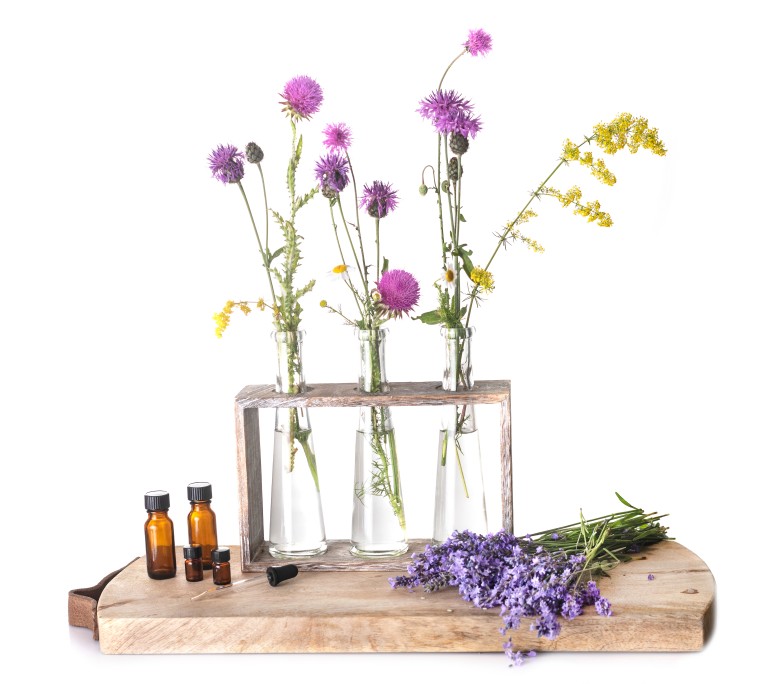« Medicine is the art of imitating the
curative processes of nature » - Hippocrate
NPNs in Canada: What Natural Health Practitioners Need to Know About Product Certification
June 4th, 2025
When choosing a natural health product (NHP)—whether for yourself or your clients—you want to be sure it’s safe, effective, and high quality. In Canada, that assurance comes in the form of the well-known NPN.
So, what exactly is an NPN?
A Natural Product Number (NPN) is an eight-digit code found on the label of natural health products approved for sale by Health Canada. It’s essentially a stamp of approval confirming that the product has been reviewed and meets Canadian standards for safety, efficacy, and quality. For homeopathic products, you’ll see a DIN-HM instead.
Why does the NPN matter?
An NPN gives peace of mind—to both consumers and practitioners. It means the product was manufactured using Good Manufacturing Practices (GMPs), that its health claims are supported by scientific evidence, and that it’s safe to use under the conditions listed. It’s also proof that the product meets strict Canadian regulatory standards—some of the most rigorous in the world.
How does a product get an NPN?
While the process is structured, it’s not necessarily overwhelming. Here’s a breakdown:
First, the company or maker must understand the regulatory framework. Is the product considered a natural health product? That includes things like vitamins, minerals, herbal remedies, probiotics, amino acids, and traditional medicines. Health Canada has clear definitions, approved ingredient lists, and rules on what can be claimed.
Next comes the submission package. This includes information like: active and non-active ingredients, dosage, format (tablet, tincture, etc.), health claims, proof of safety and efficacy, and the proposed label. All facilities involved in making, packaging, or distributing the product must follow Good Manufacturing Practices.
Then, the full package is submitted to Health Canada’s Natural and Non-prescription Health Products Directorate (NNHPD). They assess everything: ingredients, claims, manufacturing processes, product quality, and labeling. If needed, they may request clarifications or additional documentation.
If all requirements are met, Health Canada issues an NPN. This number must then appear clearly on the label, packaging, and any advertising for the product.
An important nuance for health practitioners
Here’s a common question among naturopaths and other natural health professionals:
“Do I need an NPN if I make my own remedies for clients?”
The answer? It depends on the context.
According to Health Canada’s policy on compounded products, a licensed or recognized health professional can prepare natural health products in small batches for individual clients during a consultation, without needing to get an NPN or a product license. This activity is known as compounding, and it’s considered a therapeutic service rather than commercial manufacturing.
However, if those same products are made in bulk and sold to the general public—say, through a store, online shop, or without a direct therapeutic relationship—then it is considered manufacturing, and an NPN and product license are required.
In short, it’s not just about the product—it’s about the practitioner-patient relationship. If you’re making a remedy as part of a one-on-one consultation, you’re allowed to do so without a product license.
👉 You can read the full policy here:
https://www.canada.ca/en/health-canada/services/drugs-health-products/natural-non-prescription/policies-compounding.html
What must go on the label (when an NPN is required)?
For NPN-authorized products, the label must include: brand name, license holder, full list of medicinal and non-medicinal ingredients, format, recommended use, warnings, contraindications, and of course—the NPN, clearly visible.
Why should therapists trust products with NPNs?
Because we want the best for our clients. A product with an NPN has been through rigorous checks. It meets high standards, and its claims are backed by real evidence. That not only protects your clients—it also reinforces the professionalism and credibility of your practice.
In summary
Getting an NPN isn’t just red tape—it’s part of a robust quality assurance system. For consumers, it offers peace of mind. For natural health professionals, it’s a reliable tool that supports safe and informed product use.
That said, it’s also essential to know the exceptions. If you’re making customized remedies for individual clients as part of your therapeutic work, you can do so without needing an NPN—as long as the activity remains personal and not commercial in scope.
